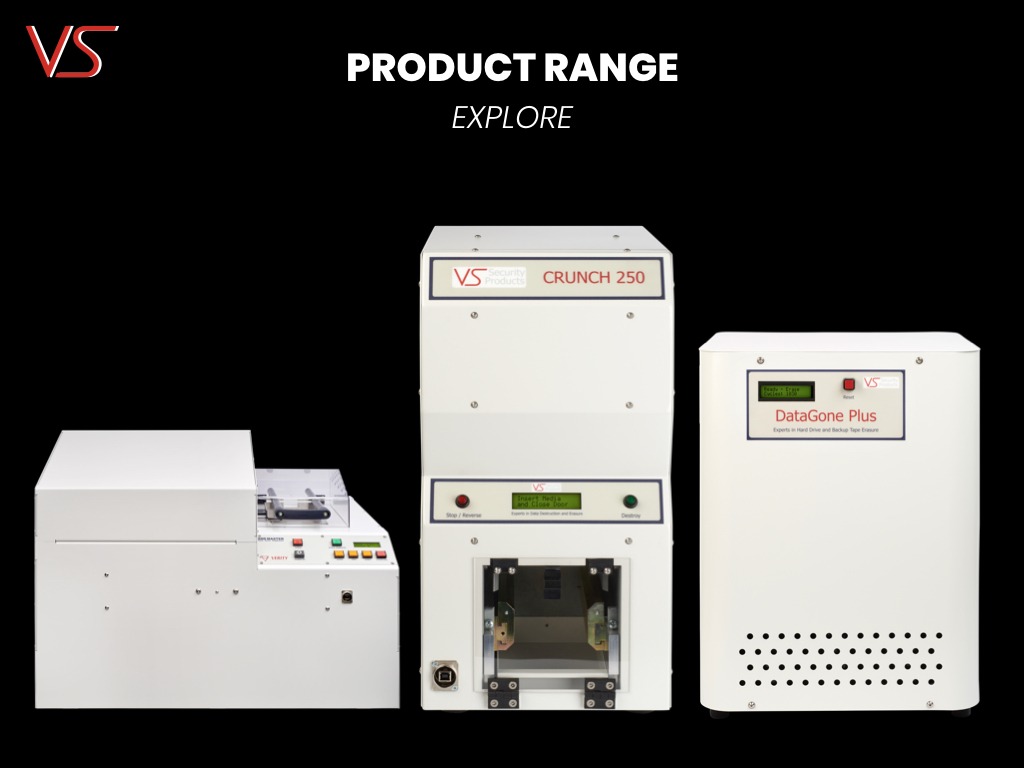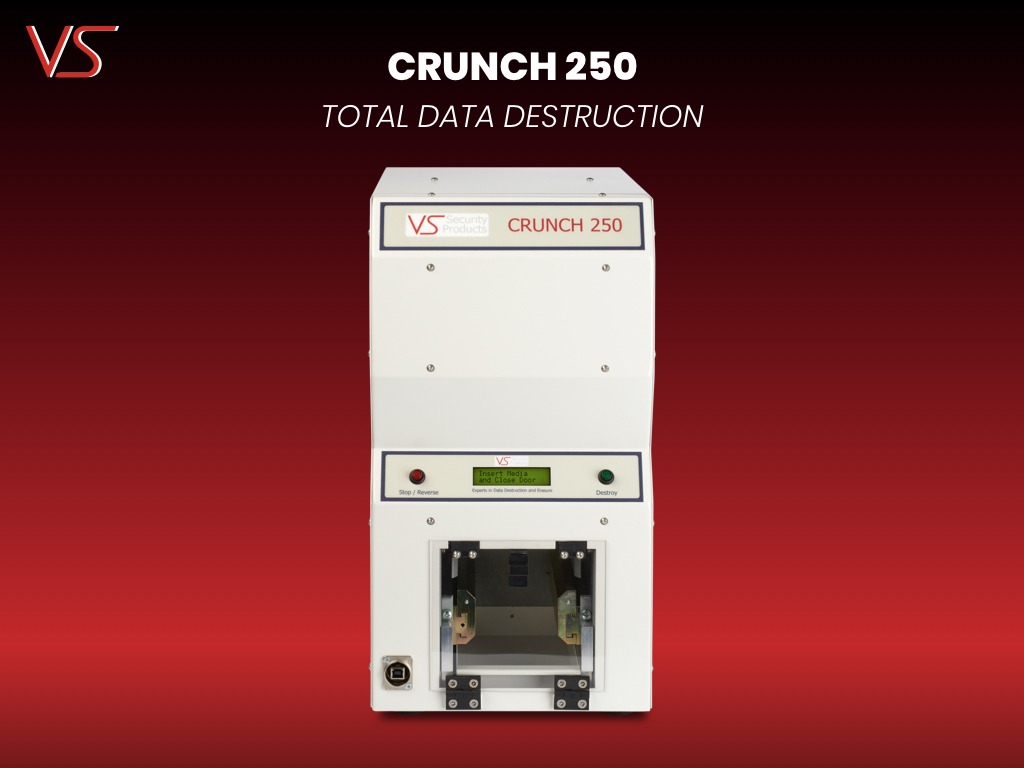How Hospitals Can Benefit from Using Hard Drive Degaussers to Protect Patient Data

In today’s world, data security is more important than ever. Hospitals, in particular, are at a high risk of data breaches due to the sensitive and valuable data they store. Patient data, including names, addresses, medical histories, and insurance information is a primary target for hackers.
One way to protect patient data from unauthorized access to hard drives is to use a hard drive degausser. A hard drive degausser is a device that uses a strong magnetic field to erase all data from a hard drive. This process is quick and easy, and it can be used to erase data securely. Degaussing of internal hard drives and external hard drives can be carried out depending on the requirement, often within seconds using a manual or automatic degausser.
There are many benefits to using a hard drive degausser in a hospital setting. First, degaussing is a cost-effective way to protect stored patient data on IT systems no longer in use. The cost of a hard drive degausser is relatively low, and the cost of replacing a hard drive and paying the subsequent legal costs and associated damages due to compromised information is considerably higher.
Second, degaussing is a fast and easy way to erase data. It takes only a few seconds to degauss a hard drive in an office setting, and there is no need to remove the data from the hard drive first which can take hours with various software solutions without the guarantee of a full erasure. This makes degaussing a convenient option for hospitals that need to erase data quickly and also to deal with a larger volume of hard drives.
Third, degaussing is a reliable way to erase data. The magnetic field used by a hard drive degausser is so strong that it can erase all data from a hard drive, even data that has been encrypted. This makes degaussing a secure option for hospitals that need to securely erase data without having to worry about exposed patient records on disused systems.
There have been a number of high-profile data breaches at hospitals and health insurers in recent years. In 2014, the personal information of over 4.5 million patients was stolen from Community Health Systems, a large hospital chain. The data breach was caused by a hacker who was able to access Community Health Systems’ computer systems through a vulnerability in the company’s email system.
In 2015, the personal information of over 78 million patients was accessed by hackers from Anthem, a major health insurance company. The data breach was caused by a hacker who was able to access Anthem’s computer systems through a vulnerability in the company’s website.
These are just two examples of the many data breaches that have occurred at hospitals over the past decade. These notable data breaches have had a significant impact on patients, who have had to deal with the ramifications of having their identities stolen.
In conclusion
Hospitals can help to protect patient data and mitigate data falling into the wrong hands by using a hard drive degausser. Degaussing is a proven, cost-effective, fast, and reliable way to erase data from hard drives. Hospitals that use a hard drive degausser can help to protect patient data and prevent data breaches.
In addition to the benefits mentioned above, degaussing can also help hospitals to comply with HIPAA regulations. HIPAA requires healthcare organizations to take reasonable steps to protect patient data from unauthorized access. Degaussing is a proven method of data destruction that can help hospitals report and audit their data destruction efforts in alignment with HIPAA obligations.


